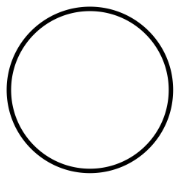Leaderboard
Popular Content
Showing content with the highest reputation on 08/26/2020 in all areas
-
This is a draft of a piece I just finished. I was inspired by looking at the stars the other night. This is why I added so many high sixteenth notes; they reminded me of twinkling stars. I also added a short variation of Twinkle Twinkle Little Star in the beginning of page 2. As for the name, it’s a reference to when you wish on a shooting star. I really need advice on how to make this better and longer in the final version. I need to lengthen it by 2 minutes and I have some ideas but I want to hear other people’s ideas. Thanks.1 point
-
Hello everybody, i am new here! My name is Leonardo and i am 17 years old, i am a young composer looking for some feedback! https://www.youtube.com/watch?v=V5zGgmj1ilY I would like to share this with you, hopefully you have some time left in your day and you could take a look at it! It took me 6 months to make. If you want you can comment under the video or on this site, does not really matter! Let me know what you think 🙂1 point
-
I finished composing my march. It's for a challenge by a group on Musescore. And it's the first finished piece I've ever composed for an orchestra. I'm actually surprised that 120 bars of solo piano works and 360 bars of a full orchestra take roughly the same amount of time for me to compose. I mean, you would think that the solo would take a drastically shorter amount of time than the orchestra. But evidently not. I think I will reach full symphony capabilities by next year. The challenge was that the piece had to be based on Iwo Jima. That's the reason the first phrase of the US National Anthem is in my piece, augmented so that it fits into 2/4. The G minor section represents an intense march. Then both the Bb major section and the G major section later on are the US National Anthem written as a trumpet fanfare. When it goes to F# minor, I have a solemn canon that appears 3 times. Then the C minor brings everything to a tense climax before the D major is reached and it transitions back to the G minor march theme. As you can see, I went a bit Beethovenian with the coda(that final fortissimo). Pieces of inspiration for this work: Mars, Gustav Holst(intense march feel, lots of brass): Piano Quartet in G minor, Brahms(Rondo form, lots of diversity from the smallest solo to the biggest tutti): Here's the march if you want to give me some feedback on it(I did try to treat it symphonically, thus the development of motives from both themes and the form boiling down to Sonata-Rondo form): EDIT: I only had half the piece in the MP3 and PDF when I originally posted this. I thought I had the whole piece but evidently not. Well here is the full piece1 point
-
I'd like to put an example of what I understand by scale-mode and making it sound genuine. This is the javanese scale. Grade I is an stable minor chord. Characteristic notes are b2, b3 and b7. So, cadential chords should include them: Bbm, Eb7. Avoid G - C progression, if we do that, it would sound like minor mode.1 point
-
1 point
-
This is the introduction to a piece, but I haven't continued it yet. This was the first piece I made when I finally built a new computer to handle the samples I downloaded from EastWest's CC plus. What are your thoughts? I do need to edit out some of the beginning as it doesn't start until 9 seconds in.1 point
-
Love the beginning with the bassoon. (I think it is a bassoon lol, sometimes difficult to hear in these programs). I would love to hear the whole piece, keep working on it1 point
-
In this minuet I use a three stage monte. I think I have quoted Mozart in the last few bars, possibly the minuet from symphony 40.1 point
-
1 point
-
1 point
-
1 point
-
1 point
-
1 point
-
1 point
-
1 point
-
1 point
-
The two concepts are not mutually exclusive: You can write music that you're really passionate about, but still demonstrates mastery craftsmanship from a technical standpoint. Like, I'm not a "materialist" generally but it's the whole "it comes from the heart" thing that actually gets one into trouble, because it allows one to rationalize any lack of progress in their work, quality, etc. with romanticism. Romantic idealism should be an inspiration to create but not the source of creation itself. That's how you get abstract conceptualist nonsense. Craft has to be the means by which to actually make something into being, and this can be objectively defined. You just don't see this mentality in so many other things. If you bake a cake for your wife's birthday, will she care that it comes from the heart if the cake tastes like @$$? Like, maybe she'll appreciate the effort, but surely, if you really love your wife and this cake is coming from the heart, then you'll want her to love that cake. You'll want it to be the best damn cake she's ever stuffed in her face hole. In order to do that, you're going to need a recipe. If you're going to come up with your own, that recipe needs to be informed by previously successful recipes and the general knowledge that has developed in baking for thousands of years now. One might say there are "theories" involved in baking that one should understand if they want to make a cake that both is aesthetic and really tasty. The cookbooks and Gordon Ramsay screaming in your ear aren't there to help you merely "understand the cake", they are there to actually teach you how to make the cake and become one with the ^%#$in' kitchen. It's the same when you want to compose a piece of music or paint a picture. If what you're making "comes from the heart" but you don't have the "head" ability to actually realize what the heart wants and will actually sound good, then does it even matter? No. Not beyond deciding exactly what style of piece I want to write, no.1 point
-
also I have learned about carl jung but havent really read anything by him, I started one of his books.1 point
-
1 point
-
Have you heard of the famous psychologist Carl Gustav Jung? What you're talking about is tapping into the subconscious/unconscious forces behind your psyche and using that in music. In psychology first and foremost it's enough simply to try and interpret the unknown - and he called the forms of the unconscious mind the "archetypes". I've read a whole book about them and they still don't even explain anything to me really. Artists have been tapping into their unconscious forces since art began and you don't need to know anything about psychology to really do that - you do that all the time. Some people do it through their dreams like Paul McCartney (I don't remember which song he dreamt the melody for). Others, like Rachmaninov go to a therapist and repeat the phrase "I will compose my Symphony ... I will compose my Symphony" a hundred times. Or you could meditate ...1 point
-
Thank you for listening to my minuet and for your kind comment. I've composed three more over the last few days which I'll upload soon. I found your YouTube channel and listened to your two pieces, your melodies are beautiful.1 point
-
SUBMISSION F : Bassoon Concerto No. 2 So I wrote a bassoon concerto for this competition, meanly because I myself and my father are bassoonists so i know pretty well how to write for bassoon. I will probably write more movements to it, so see this as a 1st movement :). This piece is a special piece to me, it is a very challenging piece with a lot of long jumps and notes in a short period of time. It is about a lot of deep things that have happened and thoughts that i have had these couple of months. I had my first real depressive episode that lasted 2 months in which it was so difficult to even write a single note (at the end of that episode i did write a bit and it is probably the most "real" music i have ever written in my life). Afterwards I had a real "high" (bipolar?). My mom got diagnosed with cancer 2 months ago and it kills me inside to see her in the state she is in. So that is really the beginning of this piece, the introduction is probably more the sad side of me, but quickly the piece becomes something more than that. It becomes a piece about how i survived what i did, i don't think i really have to explain to much. Go listen to it and please let me know what you thought 🙂1 point
-
Hi Darren. I like you use of secondary dominants in this! It's a very simple piece but effective. Have you ever thought about orchestrating one of your minuets for a larger classical ensemble/chamber orchestra? The only thing that bothers me is the 7 measure phrase you have which to me sounds like it should be 8 (from measure 11 through 17). Other than that it was nice! I don't think the ending was a copy of Mozart at all - I think that's just a common way of ending a minuet (and it uses arpeggiation liberally which isn't something you can own the rights to at any rate).1 point
-
thank you so much! thats means a lot to hear from someone. Funny thing is that i wrote the ending way before i wrote section E. And section C was written as last because it felt a little bit to much to same, thats why it is a bit different from the rest (Of course not a totally different feeling, otherwise it wouldn't fit in the movement). And the longer flute solo in the end was the last thing i wrote in the movement, because i thought i might have not made enough fun flute solos/moments. It's weird to think how i make my music, in the end it seems a lot simpeler then it was. Just so everybody knows, i had not fricking idea what the hell i was writing or why. I just went with the flow.1 point
-
All the time that I heard this movement it reminded me of another piece that I could not remeber, after some time thinking it came to my mind (so I'm going to coment about it ). I do not know why this piece reminds me to "Uranus the Magician" from the suite "The Planets". It is great because is my favorite planent of the suite. I just love this movement, the first one I like it as well but for the moment this one is my favorite. Great job! PS: I love the casual ending of the movement.1 point
-
1 point
-
1 point
-
Haha, ik ga studeren in Amsterdam en weet eigenlijk ook nog niet eens zeker wat voor docenten ik heb hahah. Ik had me eigenlijk ook nog te laat ingeschreven maar na mijn interview en theorie examen wouden ze me toch nog toe laten! Maar wel een leuk idee om elkaar eens tegen te komen, ik zal je naam onthouden!1 point
-
Thank you! Shostakovich is by far my favourite composer, I will probably grow into my own style after a while 🙂1 point
-
1 point
-
Thank you very much! All these tips are very handy and useful. About the div and unis: I usually don't really mind how it is played, as long as the notes are being played. And my mother who is a violinist at the concertgebouw says that the players would chose them selfs how they would play it. But it is good that you say it, i will pay a bit more attention to it. The clarinet part name of course is a typo XD! Thank you again, because these are the type of tips and help i need!1 point
-
My parents bought Notion for me like 2 years ago or something, i have never used a different software before so i don't really know if it is better etc. But I like it, and I think it hasn't creatively helt me back or anything yet. I don't know if I will always use notion or switch to something else ever, but for now it has been very useful . It is good to hear that you dig the piece 🙂1 point
-
I will keep that in mind. I made the score using notion 6, also the playback is from notion 6.1 point
-
1 point
-
Thank you! I am going to put the PDF right now for you and everybody else, I very much appreciate the comment! have a nice day 🙂1 point

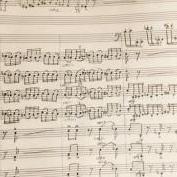



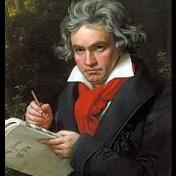
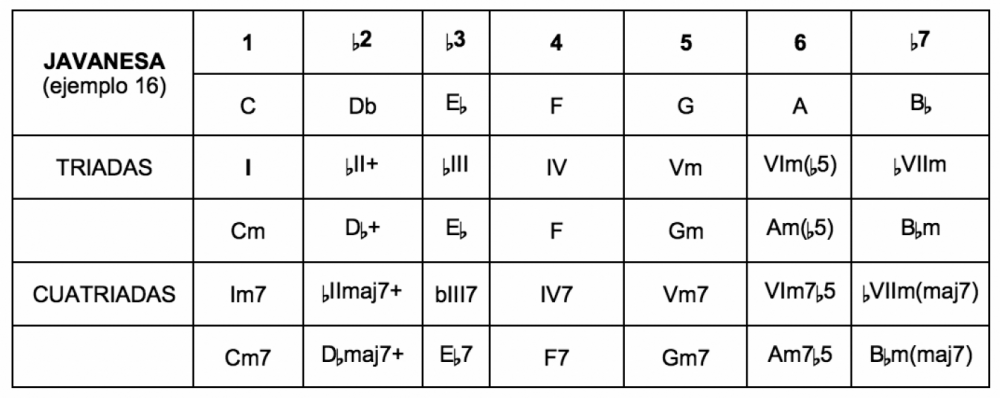
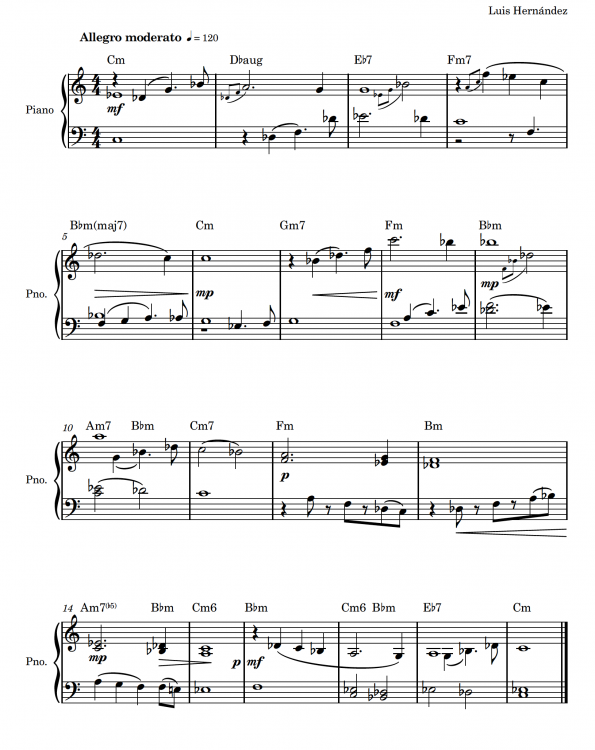

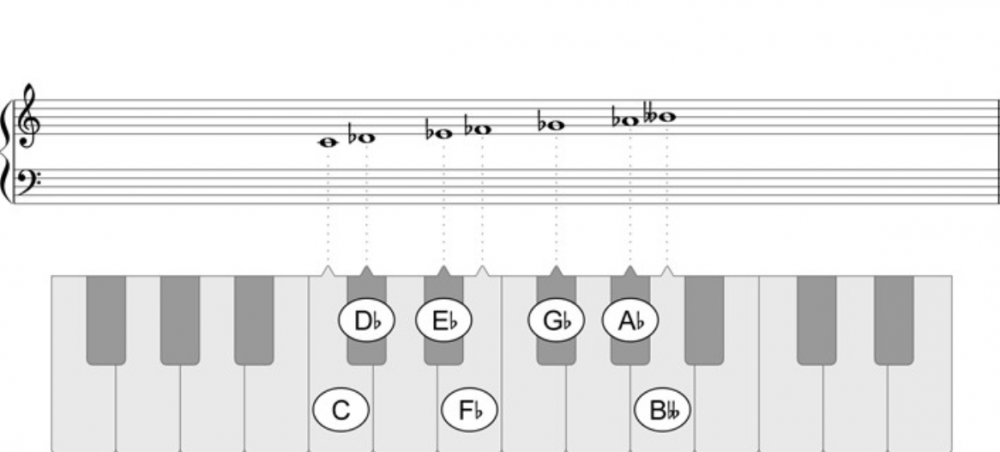
.thumb.png.8b5b433a341551e913a34392660bc95b.png)

